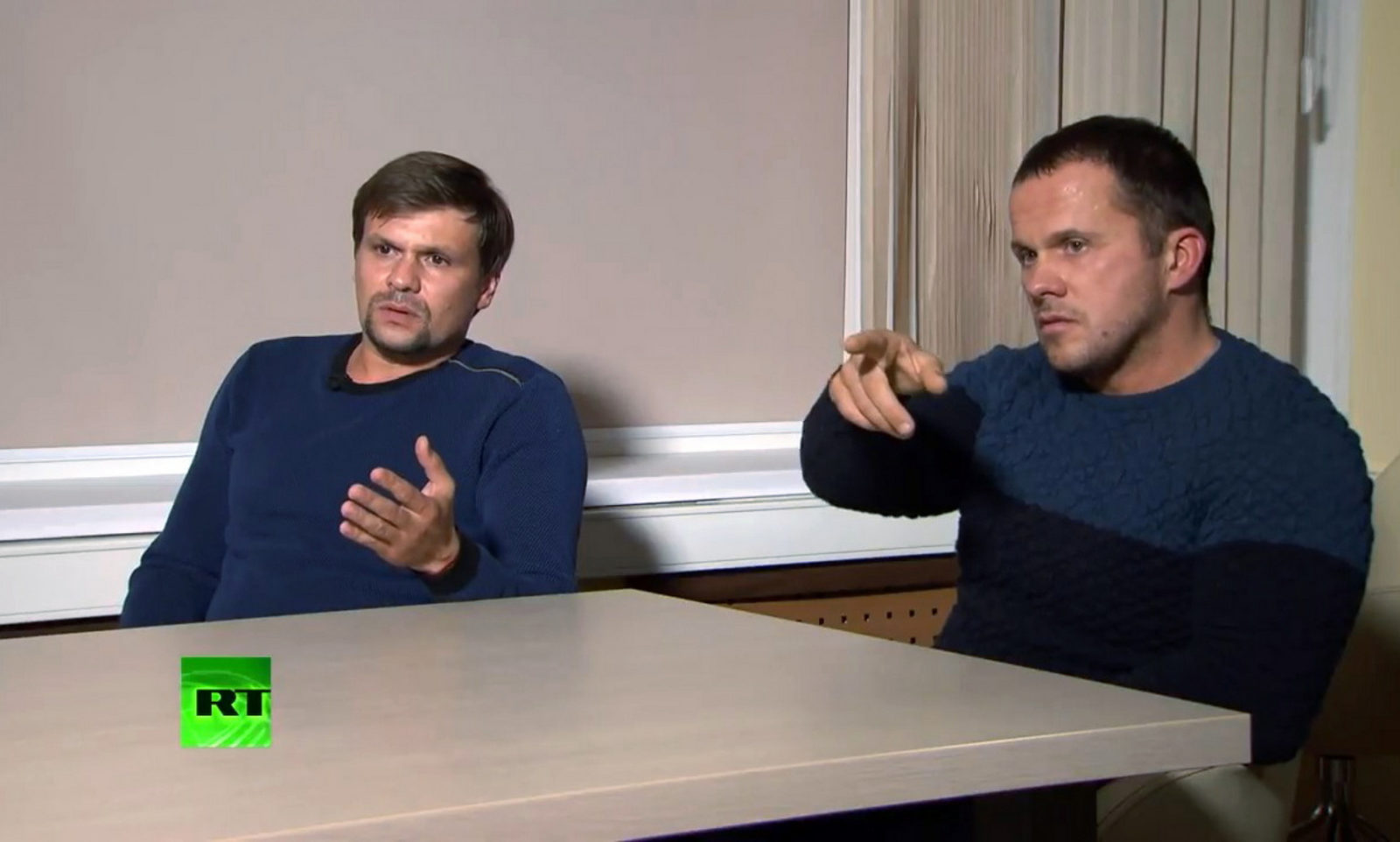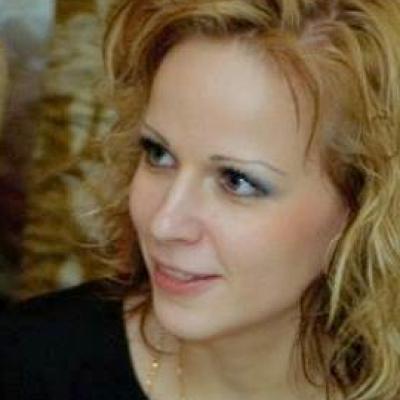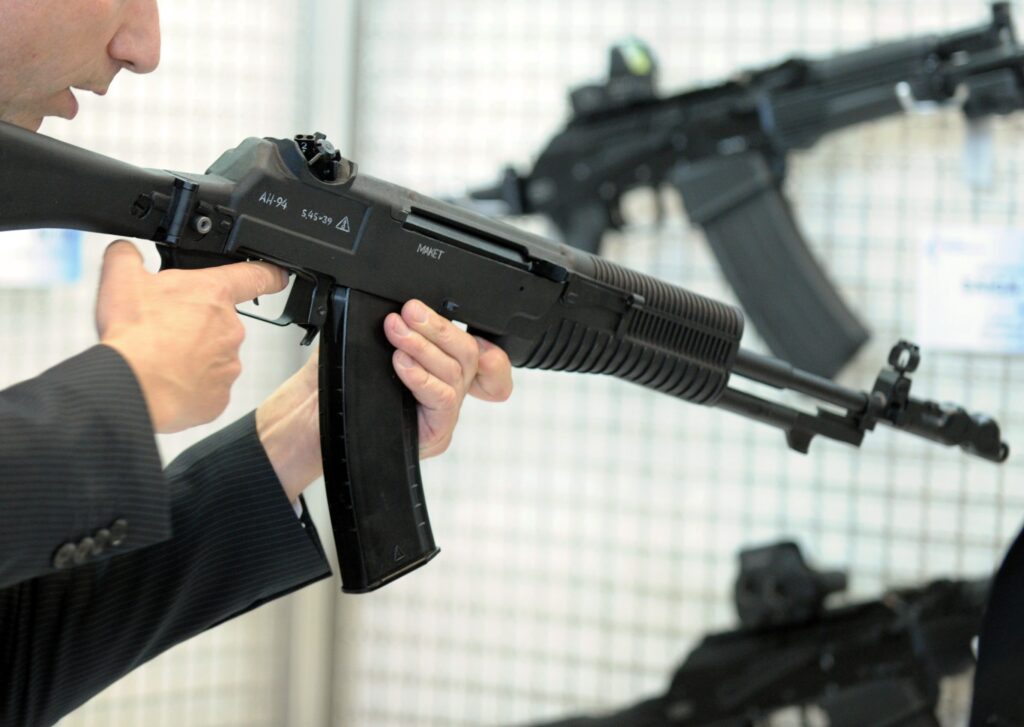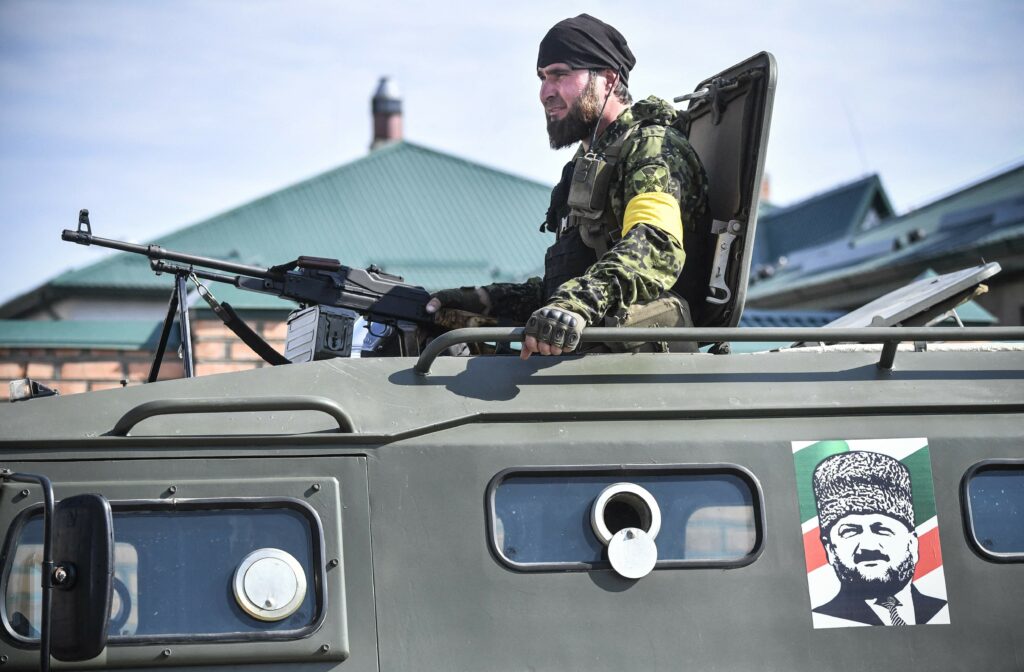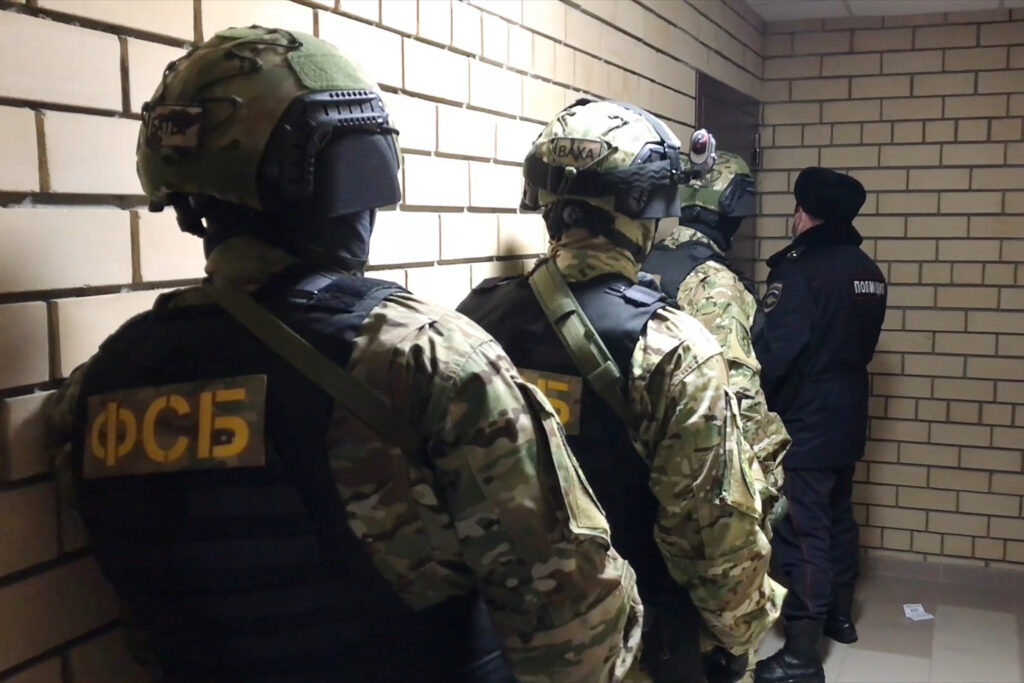.
Intra-elite conflicts within the regime of Vladimir Putin have always fascinated Russia watchers. This is understandable: hardly anything would upend the current system more than the growth of internal contradictions and inter-clan fights. Fresh developments have brought this topic right back to the forefront. Namely, the recent exposure of employees of the Main Directorate of the General Staff of the Ministry of Defence (more commonly known as the GRU) relating to the Skripal poisonings.
The nature of such internal conflicts, however, can be hard to decipher. The competition between various groups of influence, especially among the siloviki, existed since the early days of the Putin’s regime, which provoked a longstanding and protracted debate around Putin’s managerial style. Some claim the Russian president builds his government on the ‘divide and rule’ basis, by consciously creating competitive and duplicate structures of political significance. By competing and reporting on each other, they ultimately help the president to act more effectively as an arbitrator and receive maximum information about his ruling cadre.
Everyone Against Everyone?
Another theory is that competition does not stem from the president’s deliberate games; rather it emerges out of the polycentric nature of Putin’s environment, which is in a state of permanent “war of everyone against everyone.” The presidential efforts are aimed at stopping this war and imposing some kind of a civilised framework, which would allow him to avoid administrative chaos and damage to the country, potentially inflicted by those within the political process.
It seems that the truth is somewhere in the middle: Vladimir Putin, being a native of the KGB managerial style, is more inclined to work with systems that are organised, with little internal conflict, based on effective mechanisms of vertical subordination. In other words, Putin’s managerial tactic is not aimed at pedalling and sustaining competition in his environment, but at restricting it to the extent that ensures that he keeps receiving information from alternative sources. Suffice it to recall how Putin ‘directed’ the largest ‘war of the security forces’ during his second presidential term: the opposition of the Federal Drug Control Service-Federal Security Guard Service versus the Federal Security Service (FSB) ended with both camps being weaker. Putin’s traditional tactic of managing such conflicts is to weaken both opposing camps, which is often accompanied by institutional decisions. For example, in 2006, an investigation was taken out of the Prosecutor General’s Office, which pumped too much muscle in the “YUKOS case”. A “neutral” Putin’s fellow student, Alexander Bastrykin, was tapped to chair the newly established Investigative Committee of Russia, who was far from both the FSB and the Federal Security Guard Service at the time.
Another “war” of the siloviki was waged in 2016. That was when the confrontation between the Federal Security Guard Service and the FSB reached its peak. It ended with a radical personnel renewal in the former and the establishment of Rosgvardia. Today, Viktor Zolotov, who used to be the head of the Presidential Security Service (part of the Federal Security Guard Service) continues to aspire to be the main counterweight to the FSB. Thus, the president seeks to separate the conflicting parties.
Reactions to the Skripal Poisonings
It is important to understand this context when analysing recent rumours about the opposition between the Russian Foreign Intelligence Service (SVR) and the GRU. The French media, followed by Russian social media, were first to publish the news about the SVR staff contacting their Western counterparts in European countries. The staff, according to those reports, claimed that the SVR had nothing to do with the poisoning of Sergei Skripal and his daughter. And they did so right after the incident. At the same time, the British investigation services said the hand of the GRU in the assassination attempt was the main version to be investigated. This military intelligence service considerably strengthened and expanded its influence after 2008, and especially after 2014.
Since it was expected that the conflict between various special forces in Russia would step up, all the subsequent exposures of ‘Petrov’ and ‘Boshirov’ were thought to come from their corporate competitors. Allegedly both the FSB and the SVR assisted journalists in gathering information about the actual agents, hoping to deliver a blow on their opponent.
To understand the nature of the ‘competition’ between various special services, it is important to understand a few fundamental points. Firstly, whatever the contradictions in the interests and corporate goals of the siloviki, the entire system of Russia’s secret services is built on resisting external influence. Thus, even if someone in the SVR is tempted to strike a blow at the GRU, this could by no means be done by reinforcing the Western claims about Russia’s involvement in the Salisbury crime. In this case, the SVR’s desire to distance itself from the events is not at all equivalent to the intention to harm the GRU.
Secondly, all the power structures in Russia are focused primarily and exclusively on Vladimir Putin and, therefore, on his understanding of the events. For Putin, the GRU is one of the most effective structures. Its staff are perceived as heroes (and many of them, as we already know, have been awarded such titles). They are viewed true patriots who have dedicated their lives to serving the Fatherland. This, of course, does not justify any errors or incompetence. But it gives the GRU a special aura, especially in a situation of unprecedented external pressure. Obviously, the President will immediately regard any attempt to redouble such pressure from inside the country as subversive and anti-Russian. Not a single officer of the SVR or the FSB will ever decide to play openly against their competitors who are under Putin’s keen guardianship. Playing such a game secretly is almost impossible. As for the well-known statement made by the head of the SVR Sergey Naryshkin about the lack of professionalism in the operation which may have been hypothetically carried out by a special service, the statement was not addressed to the GRU. Rather, it was a response to London: the head of the SVR made it clear that intelligence services do not work like that and therefore Russia had nothing to do with it.
Thirdly, the key reason for the growing contradictions between the different power structures is related to political responsibility. Any mistake or failure, as in the case of the recent situation around the Skripals and the poisoning, and the subsequent revelations, raise the question of who is to blame and who takes the responsibility for what happened. Putin may have complaints against all the crucial secret services: against the GRU for incompetence, against the SVR for the quality of political intelligence, against the GRU, the FSB and the Interior Ministry for their inability to guarantee the secrecy of personal data.
Someone from the GRU hints at failures in counterintelligence work. Clearly, each of these structures will strive to minimise their own responsibility first of all.
Personal conflicts as well as various corporate interests may also play an important role. The most striking example is the case of Colonel Sergei Mikhailov, accused by the FSB of leaking information to the FBI, thus enabling it to expose Russian hackers allegedly involved in the hacking of the Democratic Party’s servers in 2016. The long-standing conflict between Mikhailov and Russian businessman Pavel Vrublewski (in American eyes he is the ‘No. 1 Cybercriminal’), led to a conflict between the FSB’s Information Security Centre and the GRU.
What became a real catalyst for launching the destruction of the Mikhailov group was the activity of the Shaltai Boltai hacker group supervised by him. This group took the courage to hit the Defence Ministry of Sergei Shoigu. The Defence Minister, who plays a significant role in Russian geopolitics and closely interacts with Putin almost on a daily basis, could not take this easily and, most probably, started the process. These developments have been described in great detail by the Russian media, which have also become a platform for leaks from power structures. Each side has tried to present its own vision of the events, while preserving anonymity. The old battle between Mikhailov and Vrublevsky turned out to be a convenient reason for launching a criminal case.
However, the main driver of the internal conflicts in the power structures is connected with the chronic mistrust of the country’s leaders in the official mechanisms of operation and governance (‘official’ entails a certain degree of transparency and bureaucratisation), coupled with attempts to go beyond these official institutions by building pro-government structures without a special status to do the ‘dirty work’ and perform special missions. There are many examples of such structures. For example, various private military campaigns, the Shaltai Boltai hacker group used by the FSB for their own purposes, Yevgeny Prigozhin’s troll factory, and a myriad of formally non-governmental hacker companies whose names are now often mentioned by the Western media as “Russian hackers managed by the Kremlin.” Since many such structures have been established, this dilutes the areas of responsibility of individual security forces; it blurs the boundaries between quasi-criminals and the authorities, and breeds conflicts around various power structures.
Putin’s tendency to reduce everything to special operations, which are often more conveniently carried out without the direct involvement of official structures, does not only provoke tensions in between various power structures but also exacerbates the crisis of responsibility which is inherent in the entire system of government administration in Russia. The erosion of the state becomes dangerous not only for the country, but also for the Putin regime itself, making it more vulnerable.
